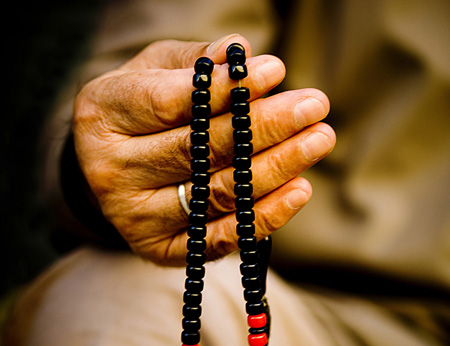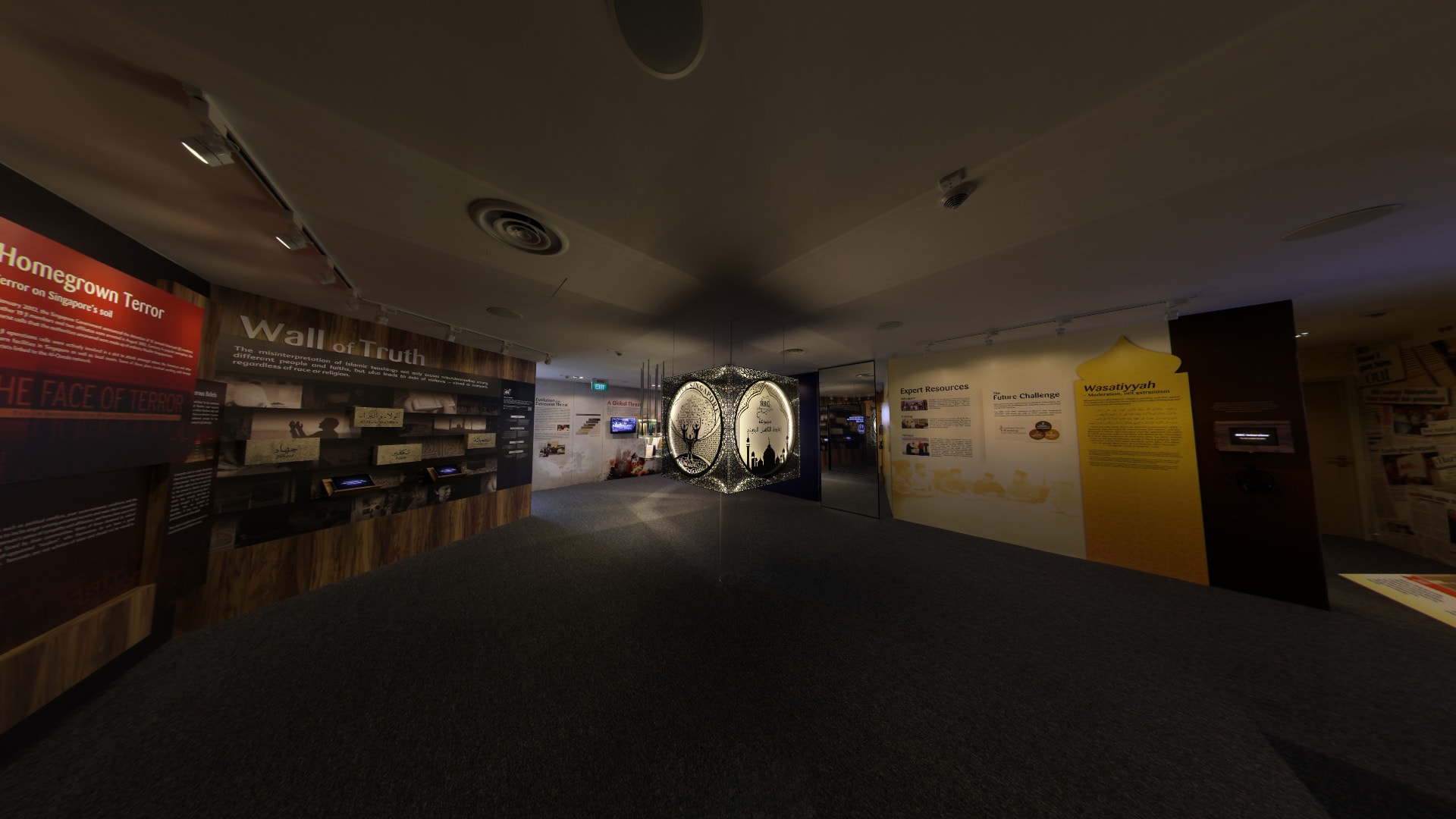Al Wala Wal Bara
“Allah will not be merciful to those who are not merciful to mankind.” Sahih Bukhari

Al-Wala’ wal Bara’, translated as “Loyalty and Disavowal”, a concept central to the ideology of extremist groups such as Al-Qaeda and ISIS is massively misunderstood. According to these groups, one who opposes the concept violates an essential part of the Muslim Aqidah. What does this concept mean for them? Muslims can only give their loyalty (Wala’) to Islam and Muslims, while the non-Muslims and Muslims who “are not with them” must be disassociated (Bara’), and in the worst case, killed. At a social level, this means that Muslims must not befriend people of other religions (especially Jews and Christians), but instead consider them as enemies. It follows also from this understanding that Islam prohibits social interaction with non-Muslims, including wishing them well on their festivals. Such practices are seen as forbidden, because these constitute Wala’ or associations that could threaten the creed and tarnish the purity of our Islamic faith. All these, they claim, are the commands of Allah s.w.t. and Rasulullah s.a.w., as gleaned from the Quran and Sunnah.
We do not subscribe to such interpretations of Islam. Anyone who does, will feel terribly uneasy in this modern world, and live with a continuous sense of immense guilt. Yet, this idea has been presented as an authentic teaching of Islam. It is therefore our collective duty to challenge such erroneous interpretations. We need to educate our community, and especially our children, how these concepts have been falsely used. First, it is based on an incorrect understanding of the terms ‘Wali’ and ‘Wala’ as referred to in the Quran. Second, it is built upon a misunderstanding with regard to precisely which group of unbelievers this prohibition applies to.
In several places, the Quran qualifies its statements so as to indicate that this prohibition of allegiance to non-Muslims does not apply to all non-Muslims in general, but, rather, to only a particular type among them during the period of Prophet Muhammad s.a.w. This qualification could also be seen from the verse in Surah Al-Mumtahinah.
In addition, Al-Wala’ wal Bara’ gives the license for one to label another Muslim as a kafir, because he or she gives loyalty to a non-Muslim or adhere to a non-Islamic government or system. The act of takfir or accusing other Muslims as kafir or infidels is totally unIslamic.
The life of our beloved Prophet is abound with fine examples of how he dealt amicably with everyone, including non-Muslims, both in the Meccan and Medinan societies. He shared in many pacts and alliances aimed at eliminating injustice and aggression. In addition, he shared in relieving the impact of adversities and famines. This was his role and mission, to spread Allah’s compassion and mercy that is His Rahmah, to all the worlds. In fact, in a hadeeth reported by At-Tirmizi and Al-Hakim, it was informed that the verse 105 from the surah An-Nisa’ was revealed to defend a Jew who was wrongly accused of stealing, and to expose the real thief who was a Muslim. This story encapsulates the justness, the principles and the values of Islam that we must seek to emulate and to spread.
In this spirit, Muslims are always encouraged to live alongside others, and know each other, for when we interact with others, people will appreciate Islam better. Muslims and non-Muslims also need each other in the diverse fields of life. There are many examples of Muslims benefitting from non-Muslims who are good friends of Muslim individuals and the Muslim community, and vice versa. The interpretation of the doctrine of Al-Wala’ wal Bara’ as one that encourages enmity towards non-Muslims, therefore clearly contradicts the spirit of our religion. Such kind of hatred can never be part of the practice of a true Muslim.
May Allah instill in our hearts the love for God and all human beings and creations. May He continue to protect us from wrong interpretations of Islam and grant us guidance through sound knowledge. Amin Ya Rabbal Alamin.


